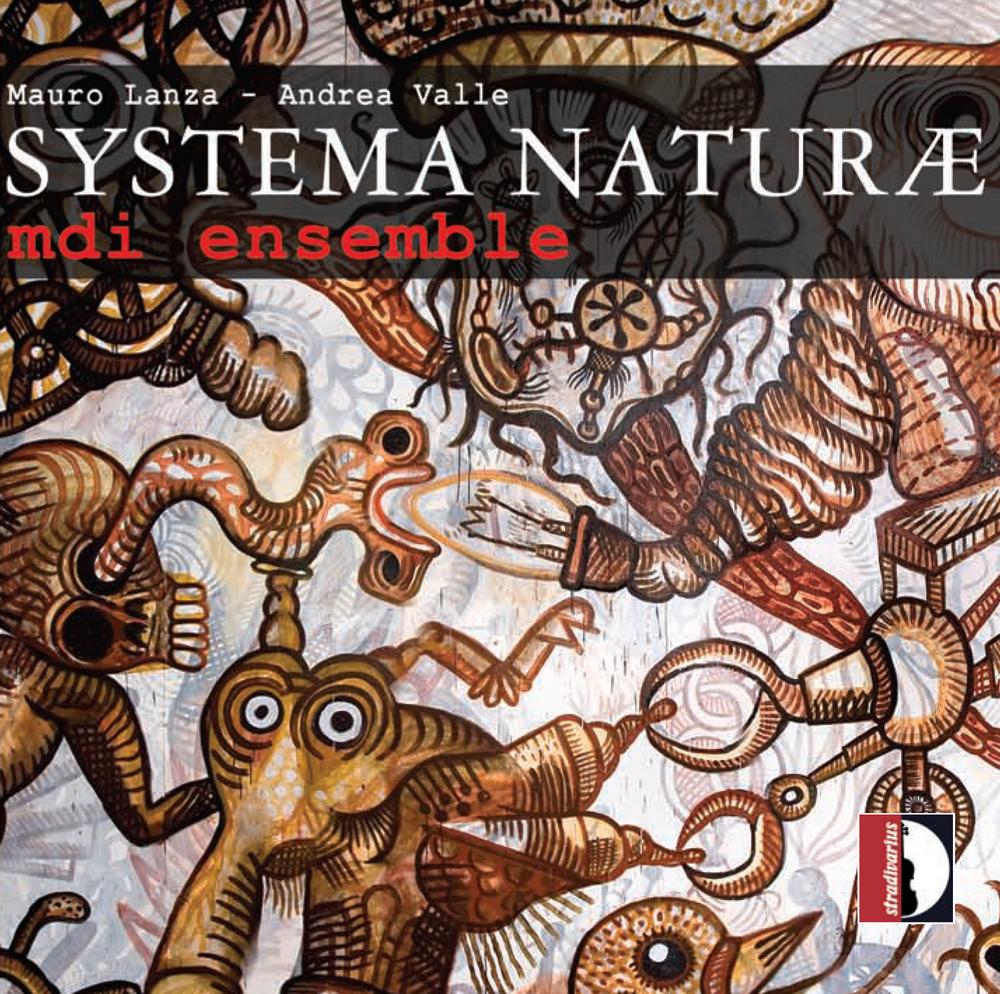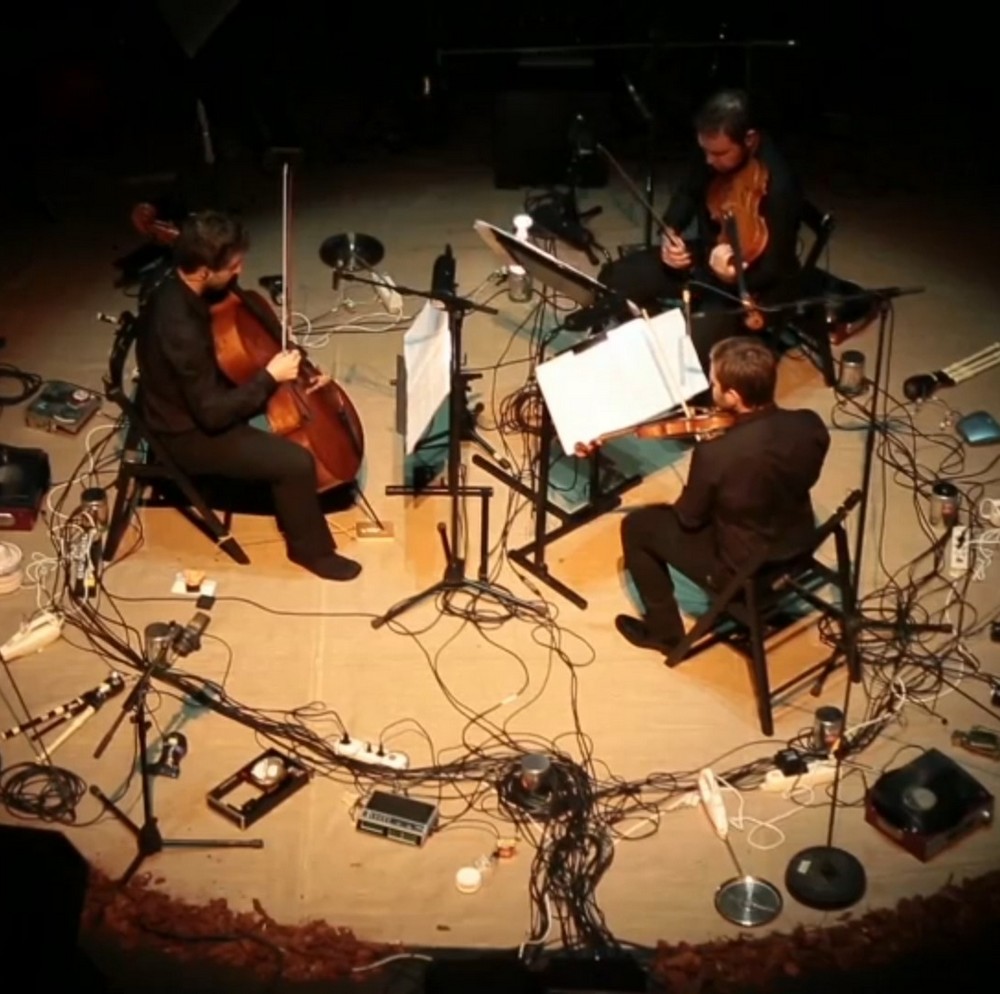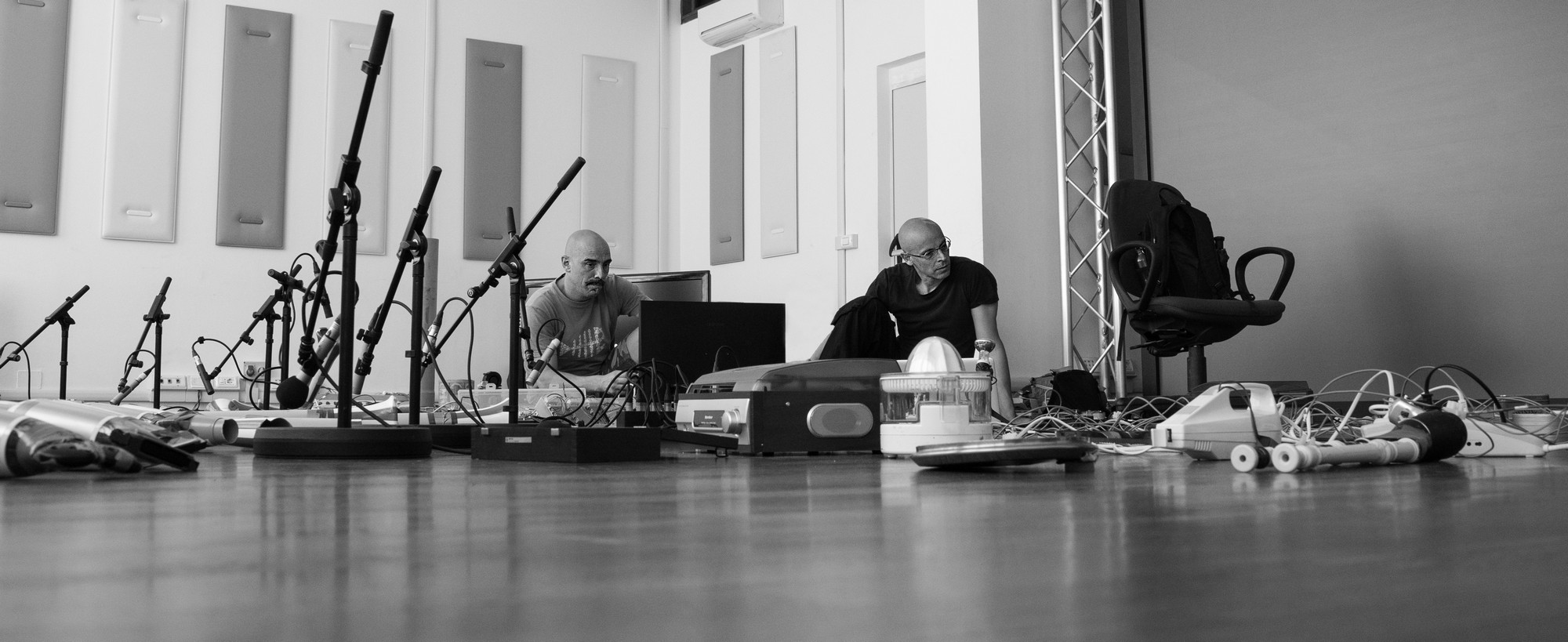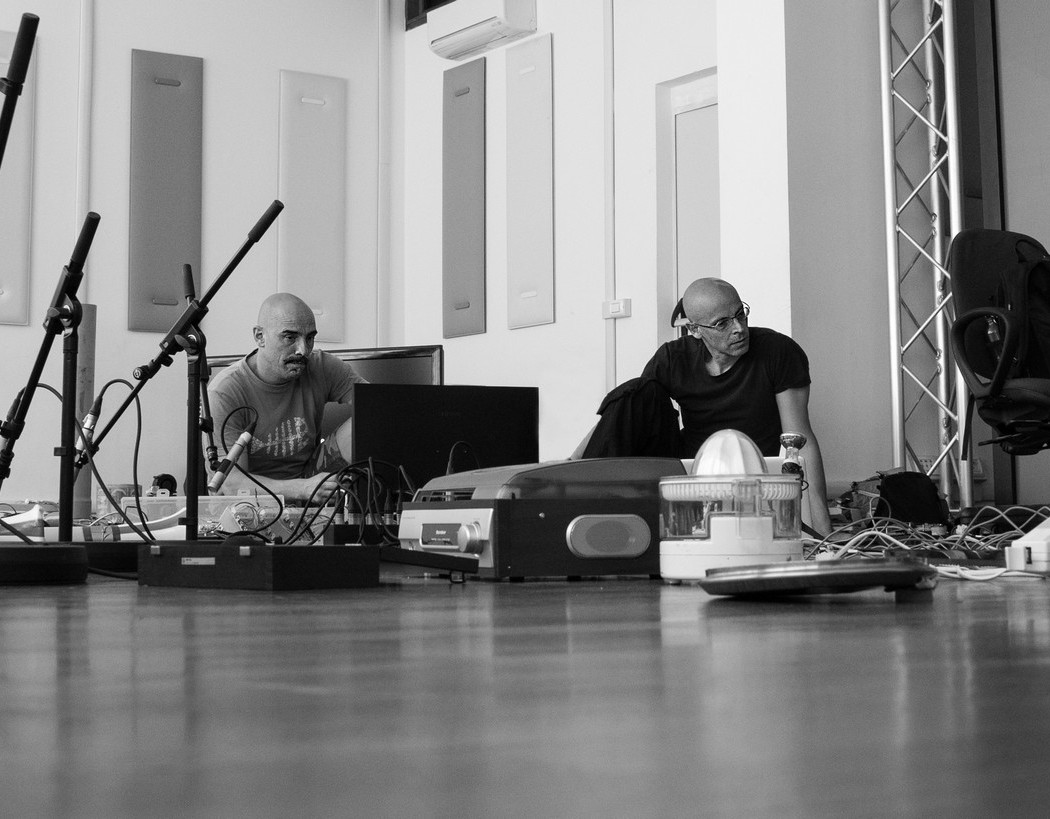A project by mdi ensemble
Systema Naturæ is a cycle consisting of 4 different pieces: Regnum Animale, Regnum Vegetabile, Regnum Lapideum, Fossilia. The whole cycle, which lasts about 85 minutes, is a sort of extensive catalogue of miscellaneous imaginary beings, inspired by the Medieval tradition of bestiaria, herbaria and lapidaria and by the systematic description of nature that dates back to Linnaeus. The four pieces are then divided in
several short movements, each one referred to an imaginary species that recevies an invented name in binomial nomenclature (Cteromelis udivetusi, Grapheas lopongens, Adius geradii).
Systema Naturæ is a cycle consisting of 4 different pieces: Regnum Animale, Regnum Vegetabile, Regnum Lapideum, Fossilia. The whole cycle, which lasts about 85 minutes, is a sort of extensive catalogue of miscellaneous imaginary beings, inspired by the Medieval tradition of bestiaria, herbaria and lapidaria and by the systematic description of nature that dates back to Linnaeus. The four pieces are then divided in
several short movements, each one referred to an imaginary species that recevies an invented name in binomial nomenclature (Cteromelis udivetusi, Grapheas lopongens, Adius geradii).
The cycle focuses on the topic of new lutherie. All the electromechanical devices are built with common objects or from recycled and poor materials, including simple musical instruments: turntables, light bulbs, harmonicas, radios, hair dryers grafted with flutes, vuvuzela, modified kalimbas, electric knives, metal tins, etc.
Systema naturae explores a middle ground where mechanized objects can be controlled in a standard musical way (by creating events, exploring their spectra, organizing their dynamics) while music instruments are treated in an “object-like” fashion by means of a wide usage of extended techniques. To be successful, sound integration between objects and instrument has been based on a complete analysis of sounds, recorded from both objects and instruments, so that acoustic information could be stored and used as a sort of homogenous ground while composing. In the act of performance, advanced miking techniques and spatialization enhance the listener’s perception of sound
relations between intruments and objects: the two “families” tend to merge in a new coherent and integrated musical environment.
An articulate live controlled digital system based on Arduino microcontrollers guarantees the synchronization between musicians and electromecanical devices, coordinating each single sound produced by the objects.
THE SYSTEMA NATURAE SOUNDSCAPE
The performance of Systema Naturæ is conceived as one-act play, without intermission. Musicians and electromechanical devices, organised into three sets and placed in the space all around the audience, create a very emotional scenography and soundscape. It is possible to site specifically rearrange the sets disposition. Acoustical instruments and devices require to be amplified not only to ensure a correct balance between all the acoustic contributions but also to emphasize the materical essence of each sound source. The use of close-up miking techniques permits, like a microscope, to bring in evidence the tiniest details of the scores and the multichannel PA system immerse the audience into a rich and vibrant soundscape.
Andrea Valle
Originally an electric bass player, Andrea Valle (Ciriè, Torino, 1974) studied composition with Azio Corghi.
His work as a composer is mainly focused on algorithmic methodologies, indifferently in the electro-acoustic and the instrumental domain, including automatic notation typesetting. Since 2008, he has developed electromechanical, computer-controlled systems, built with a predilection for low cost, scavenged objects, that he uses both as live instruments and as sound installations. He is associate professor at the Department of Humanities, University of Torino where he teaches in the Drama, Art and Music Studies program (DAMS).
Mauro Lanza
Mauro Lanza (Venice, 1975) studied piano and composition at the conservatory of his home town. He completed his studies when he attended the annual course of composition and computer music from 1998 to 1999 at IRCAM in Paris. Tingled with irony, his compositions are the result of an ever increasing effort towards an intimate fusion of classical instruments with other less conventional sound sources: physical modeling synthesis, toy instruments, noisemakers, various specimens of objets trouvés and custom-made machineries. He enjoys the clarity and the unhuman character of formalized processes, and works extensively with computer algorythms.
Mauro Lanza
Mauro Lanza (Venice, 1975) studied piano and composition at the conservatory of his home town. He completed his studies when he attended the annual course of composition and computer music from 1998 to 1999 at IRCAM in Paris. Tingled with irony, his compositions are the result of an ever increasing effort towards an intimate fusion of classical instruments with other less conventional sound sources: physical modeling synthesis, toy instruments, noisemakers, various specimens of objets trouvés and custom-made machineries. He enjoys the clarity and the unhuman character of formalized processes, and works extensively with computer algorythms.
Andrea Valle
Originally an electric bass player, Andrea Valle (Ciriè, Torino, 1974) studied composition with Azio Corghi.
His work as a composer is mainly focused on algorithmic methodologies, indifferently in the electro-acoustic and the instrumental domain, including automatic notation typesetting. Since 2008, he has developed electromechanical, computer-controlled systems, built with a predilection for low cost, scavenged objects, that he uses both as live instruments and as sound installations. He is associate professor at the Department of Humanities, University of Torino where he teaches in the Drama, Art and Music Studies program (DAMS).
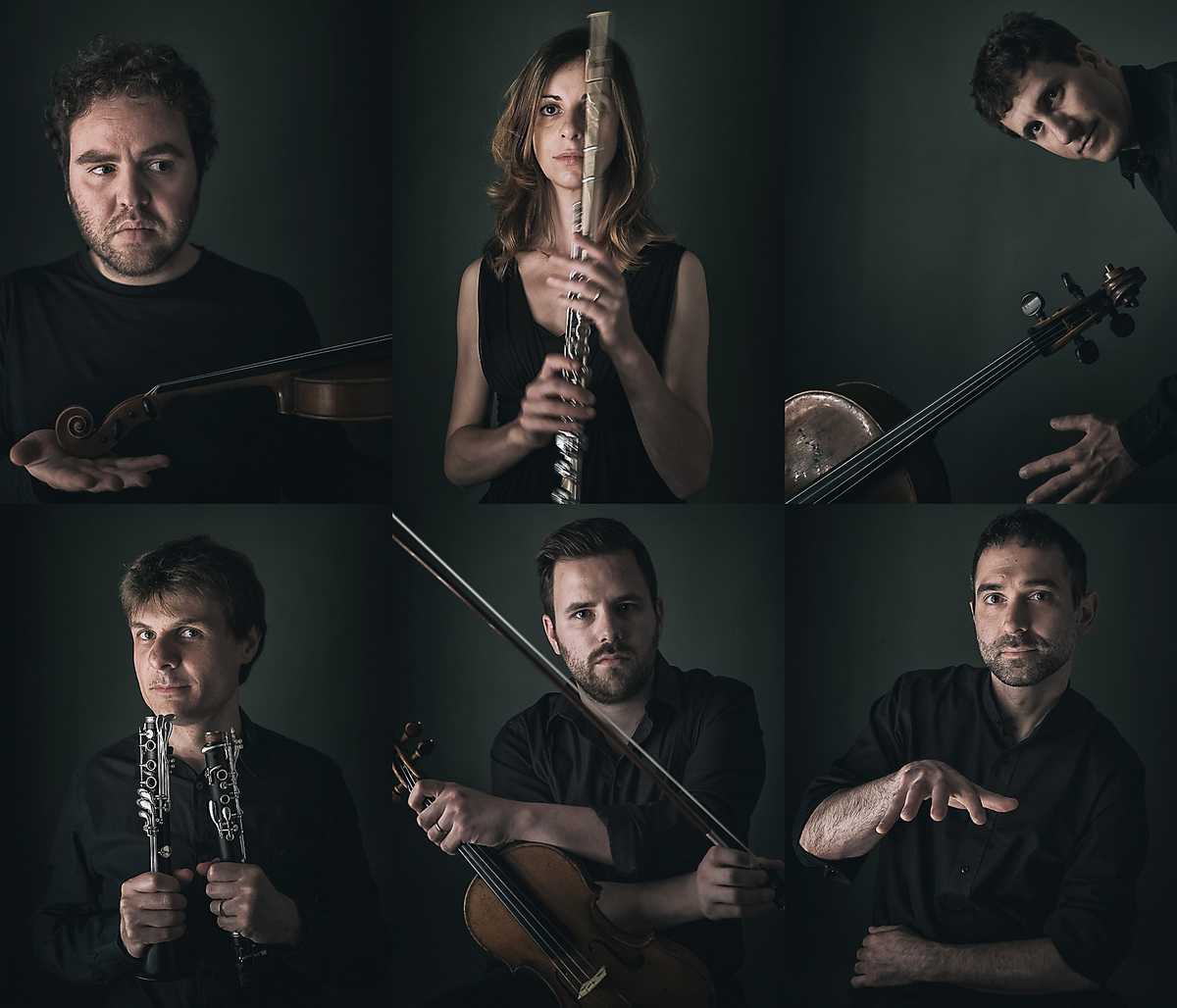 mdi ensemble
mdi ensemble
mdi ensemble was formed in Milan in 2002 and has been artist-in residence at festival di Milano Musica from 2012 to 2017. From the very beginning, the ensemble established close collaborations with many renewed composers such as Helmut Lachenmann, Salvatore Sciarrino, Gérard Pesson, Marco Stroppa, Stefano Gervasoni, Sofia Gubaidulina, as well as premiering several new works by young composers emerging from the international scene. The ensemble regularly appears at some of the most relevant Italian festivals, such as MiTo Settembre Musica, Venice Biennale, Società del Quartetto di Milano, Ravenna Festival, Bolzano Transart. Described from the Los Angeles Times as “astonishingly competent”, mdi ensemble performs throughout Europe and overseas, notably at Festival Présences de Radio France in Paris, Tonhalle in Dusseldorf, SWR Stuttgart, Festival Jeunesse in Vienna, SMC in Lausanne, Los Angeles County Museum of Arts, Chelsea Music Festival in New York City and Italian Institute in Tokyo.
The ensemble also frequently collaborates with eminent conductors such as Stefan Asbury, Emilio Pomarico, Beat Furrer and Pierre-André Valade.
Since 2016 mdi ensemble curates two concert series in Milan (Sound of Wander) and Florence (Contrasti). In 2019, in collaboration with Accademia Filarmonica Romana, mdi created Roma New Music Week, an international workshop on contemporary music and composition.
mdi ensemble discography includes monographic CDs dedicated to composers such as Stefano Gervasoni, which has been awarded by Academy Charles Cros the prestigious “Coup de Coeur – Musique contemporaine 2009”, Misato Mochizuki, Giovanni Verrando, Sylvano Bussotti, Marco Momi and Emanuele Casale (this last three edited by Stradivarius). Their DVD See the Sound – Homage to Helmut Lachenmann has been broadcasted by Rai 5 and Sky Classica.
